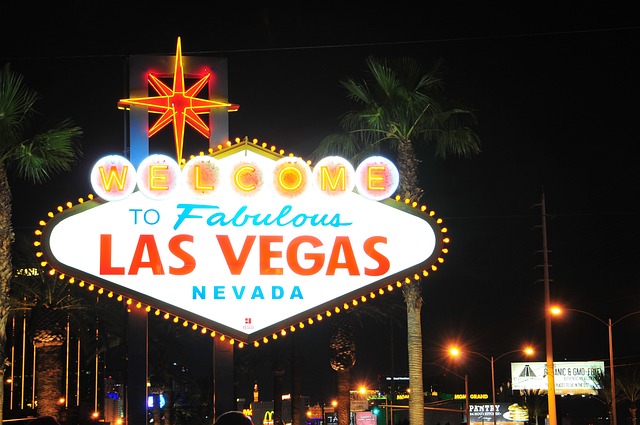Before depositing money at any online casino, it’s crucial to know where the platform is licensed and regulated. Gambling licenses are more than just a formality—they determine how a casino operates, how your rights as a player are protected, and what level of fairness and oversight you can expect.
In this article, we’ll break down what gambling licenses are, why jurisdictions matter, and which regulatory bodies are considered the most reputable in the industry. Understanding this landscape is a key part of staying safe and informed in the world of online gambling.
What Is a Gambling License?
A gambling license is an official certification issued by a regulatory authority that allows a casino operator to legally offer gaming services. To obtain a license, operators must typically meet strict criteria regarding:
- Financial stability
- Game fairness and RNG testing
- Responsible gambling measures
- Anti-money laundering (AML) compliance
- Data security and player protection
Licensed casinos are subject to audits, oversight, and penalties if they fail to follow the rules. This system creates transparency and builds trust between players and platforms.
Unlicensed or “rogue” operators, on the other hand, may not follow fair practices—and can pose a real risk to your money and data.
Why Jurisdictions Matter

The term “jurisdiction” refers to the country or region that issues and enforces the gambling license. Different jurisdictions have different levels of oversight, cost, and reputation.
There are generally three tiers of licensing jurisdictions:
1. Tier 1 (Strict and Trusted)
These regulators are known for high standards, regular audits, and strict player protection rules:
- UK Gambling Commission (UKGC)
- Malta Gaming Authority (MGA)
- Gibraltar Regulatory Authority
- Swedish Gambling Authority (Spelinspektionen)
Casinos licensed by these bodies must adhere to comprehensive rules around fairness, responsible gaming, and customer protection. If you want peace of mind, these are the licenses to look for.
2. Tier 2 (Moderately Regulated)
These jurisdictions offer reasonable oversight but may be more lenient in certain areas:
- Curacao eGaming
- Panama Gaming Control Board
- Isle of Man Gambling Supervision Commission
These licenses are common for international and crypto casinos. While not as strict as Tier 1, many still provide a baseline level of legitimacy and enforcement.
3. Tier 3 (Low Regulation or Questionable Oversight)
Licenses from unrecognized or minimally regulated regions may lack transparency. In some cases, operators license themselves or use shell jurisdictions.
Players should be cautious with:
- Unknown or unverified licenses
- Sites with no visible licensing info
- “Self-regulated” crypto platforms with no oversight
How Licensing Protects Players
A proper gambling license ensures that players are:
- Treated fairly in gameplay outcomes (via audited RNGs)
- Able to withdraw winnings without hidden barriers
- Protected from data misuse and fraud
- Given access to complaint resolution or dispute services
Regulators can suspend or revoke licenses if casinos engage in unethical behavior. This level of accountability offers protection you won’t get with unlicensed platforms.
How to Verify a Casino’s License

Most licensed online casinos display their licensing information in the footer of their homepage. To verify it:
- Look for license numbers or logos from regulatory bodies
- Visit the regulator’s official website and search for the casino by name
- Ensure the license is active and matches the correct domain
If you can’t find this information, or if the license appears fake or unverifiable, consider that a red flag—and avoid playing there.
Final Thoughts: License Before Loyalty
A shiny website and big bonuses mean nothing without a valid gambling license. When choosing an online casino, always start by checking who licenses and regulates the platform. A reputable license not only indicates a legal operation but also shows the casino is committed to player safety, fairness, and ethical business practices.
Whether you’re a casual player or a serious bettor, knowing the jurisdiction behind your casino helps ensure that your gaming experience stays fun, fair, and secure.
